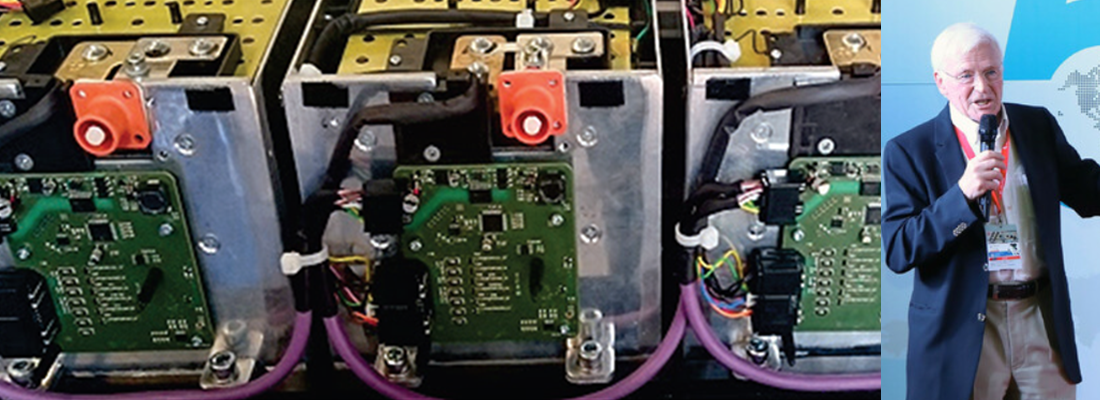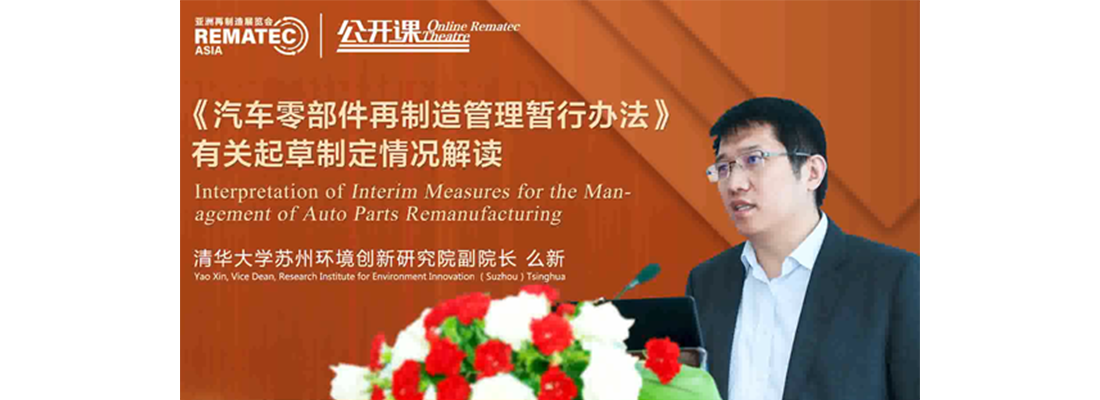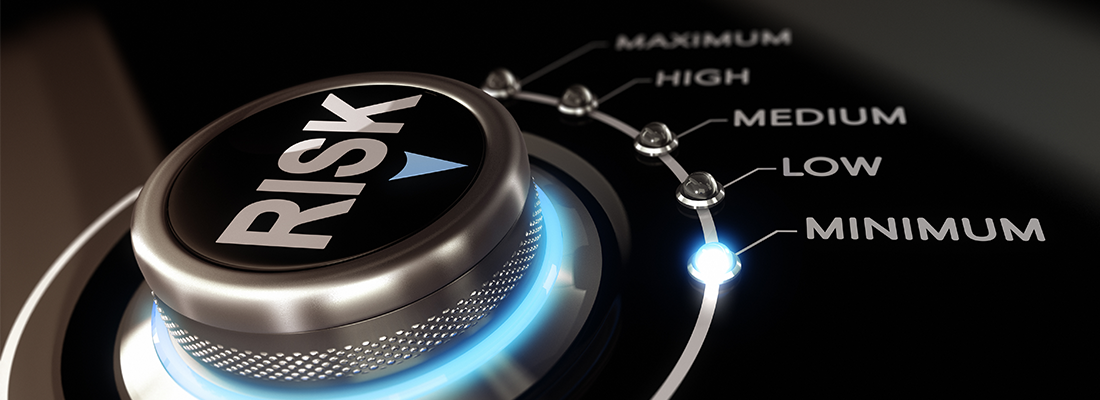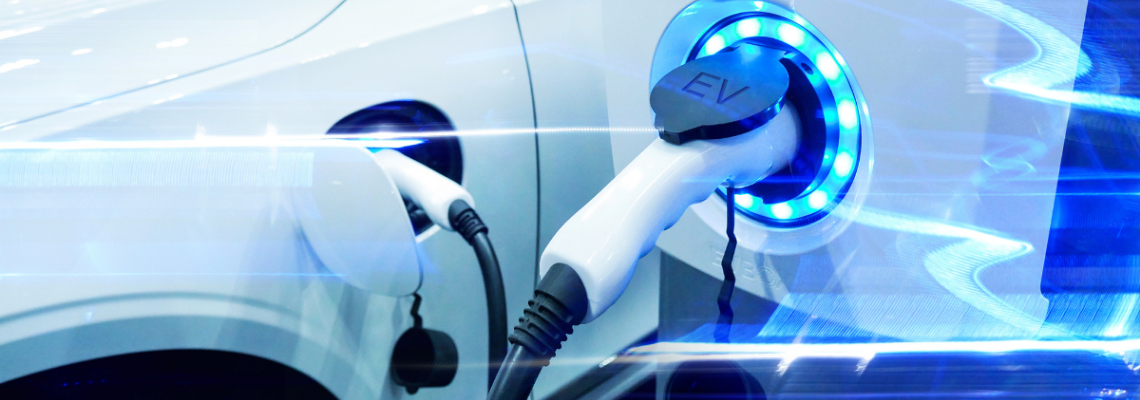De Meo, European carmakers need a common fund to counter Chinese EVs
De Meo, European carmakers need a common fund to counter Chinese EVs
Recently interviewed by the Financial Times, Luca De Meo, president of ACEA, the European Automobile Manufacturers’ Association, as well as CEO of Renault, expressed his thoughts on the current situation of the European industry grappling with the slowdown in growth of electric vehicle sales and the rise of cheaper models from China.
ACEA President Luca De Meo has called for a European war chest to fund electric vehicle subsidies and raw materials, as well as joint infrastructure planning, to counter China's fierce competition. In an appeal to politicians ahead of the European elections in June, Luca de Meo advocated for a cross-border approach to developing and funding the industry, rather than simply setting deadlines for the phase-out of petrol and diesel vehicles. This would include pooling spending on consumer subsidies and establishing "green" economic zones with tax breaks for factory hires. “When you set a 12-year deadline and say, in 12 years, there’ll be no more producing combustion-engine cars, and if you don’t, here’s a fine, and see you in 12 years at the end of the tunnel, that’s not a strategy,” he said. “We’re proposing trying to build a plan alongside public authorities, people of all industries, non-profits and science bodies… it’s about 10 per cent of European output that’s at stake.” The call was made by Acea's president, who also sent a manifesto to European politicians. This recommended investing in regional software development and semiconductors, as well as taking a less prescriptive approach to reducing European greenhouse gas emissions.
The industry is dealing with slowing growth in EV sales across Europe: carmakers have invested heavily in their production, but they are expensive for consumers who are already squeezed by high inflation. A major source of concern is the threat of cheaper Chinese EVs. The European Commission has already launched an investigation into the country's car subsidies and is considering increased import duties. De Meo declined to comment on tariffs, but he did say that Europe needed to protect its market during the transition to EVs while also finding a role for Chinese competitors, in part because European carmakers could learn from a country that was "a generation ahead" of the industry. “If we want to accelerate the rise of electric cars in Europe, we need to play with the Chinese and find a way to deal with them,” De Meo said, adding that he believed the Chinese were “ready to find a deal”.
“This could include providing an incentive to Chinese carmakers in Europe to use European suppliers, or encouraging Chinese suppliers to set up in Europe, he said — mirroring China’s policies on overseas manufacturers.” The Renault group, which also owns the Dacia and Alpine brands, already has partnerships with Chinese automaker Geely, including a combustion engine business that is being spun off into a standalone unit. It also has a joint production agreement with South Korea. German carmakers, which sell more cars in China than French rivals Renault and Stellantis, oppose increased EU tariffs on Chinese vehicles.
The CEO of Mercedes-Benz told the Financial Times last week that tariffs should be reduced. The EU anti-subsidy investigation has also raised concerns about retaliation, as China supplies raw materials for electric vehicles such as lithium, cobalt, and nickel. De Meo said in the manifesto that “completely closing the door to [China] would be the worst possible response”. Renault is one of Europe's smaller carmakers, producing 2.2 million vehicles each year, compared to 6 million for Stellantis and 9.2 million for Volkswagen. However, de Meo believes his competitors would benefit from a broader and more strategic European approach. “If you want to accelerate, you don’t want to end up with Norway at 90 per cent of electric cars and Spain at 4 per cent,” he said. “We should put in one basket all the funds available to give it to those who do not have money for those investments.”
Share your remanufacturing stories with us
Do you have an innovation, research results or an other interesting topic you would like to share with the remanufacturing industry? The Rematec website and social media channels are a great platform to showcase your stories!
Please contact our Brand Marketing Manager.
Are you an Rematec exhibitor?
Make sure you add your latest press releases to your Company Profile in the Exhibitor Portal for free exposure.






